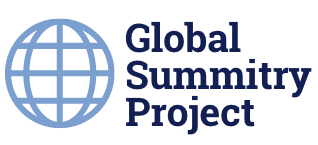The US-China relationship has been marked by growing competition and rivalry. Nevertheless, the two have made efforts to stabilize the relationship notably with the meeting between Presidents Xi and Biden at the margins of the APEC Summit in San Francisco in 2023. More recently, the ministers of defense have met at the margins of the Shangri-La Dialogue. Secretary Austin and Chinese Defense Minister Dong Jun agreed to work toward better communications to stabilize military relations and avert crises, according to a statement from the Defense Department. The United States and China will “convene a crisis-communications working group by the end of the year.”
So, what is the current state of the US-China relationship today and how are the two reshaping the global order in the face of US-China relations? Joining me in the Virtual Studio is Pascale Massot to discuss the state of the US-China relationship.
Pascale is an associate professor in the School of Political Studies at the University of Ottawa. She is also non-resident Honorary Fellow, Political Economy at the Asia Society Policy Institute’s Center for China Analysis, and a Senior Fellow at the Asia Pacific Foundation of Canada. She also has served as the Senior Advisor for China and Asia in the offices of various Canadian Cabinet ministers, including the Minister of Foreign Affairs. Pascale is the author of “China’s Vulnerability Paradox: How the World’s Largest Consumer Transformed Global Commodity Markets” (Oxford University Press, 2024).
Her research interests include the global political economy of China’s rise and impact on the liberal international order, China’s impact on global extractive commodity markets, including debates around de-risking, Canada-China relations, Canadian public opinion on China and China narratives more broadly, as well as the advent of Indo-Pacific strategies around the world.
